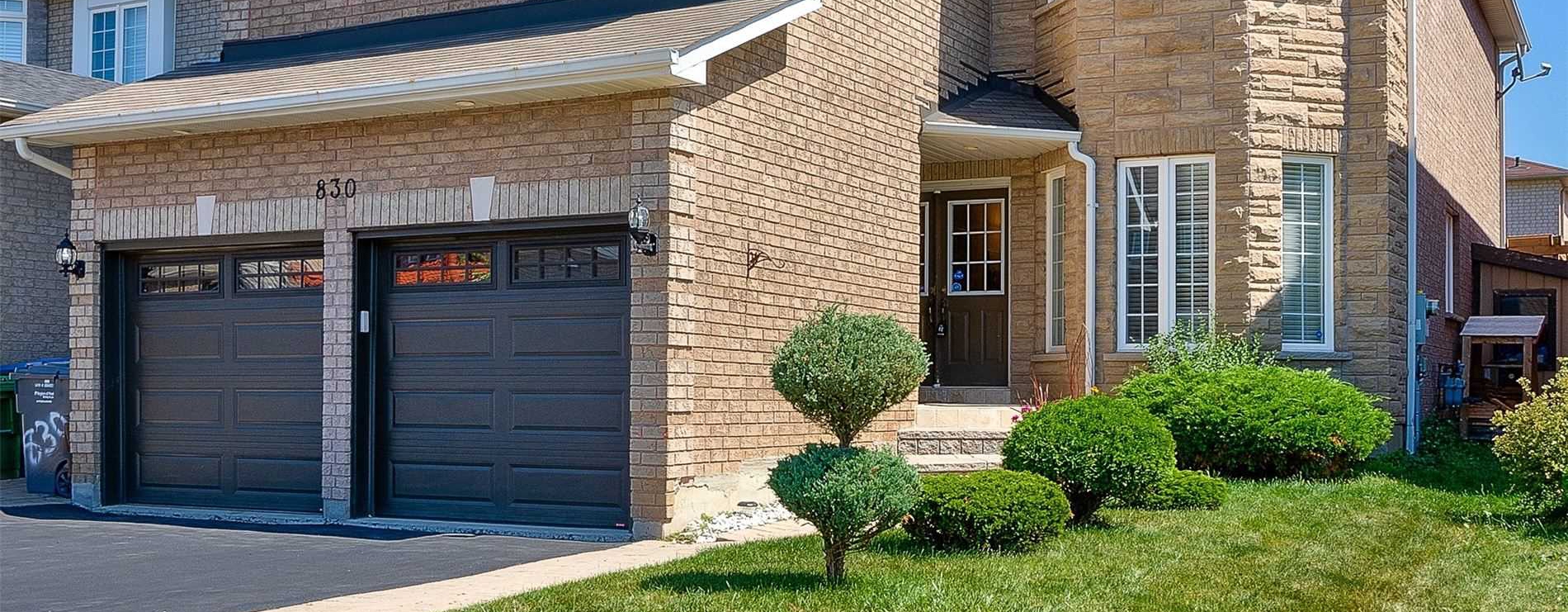
Fixed Rate Mortgages are popular with first time home buyers
A fixed-rate mortgage is a type of mortgage in which the interest rate doesn’t change throughout the life of the loan.
A fixed rate mortgage can provide stability and predictability, which can be particularly beneficial for homeowners who prefer to have a consistent monthly payment and don’t want to be affected by fluctuations in interest rates.
There are different types of fixed-rate mortgages, and we will be discussing each one below.
See also:
- Which is better? 15 year mortgage or 30 year mortgage?
- What is principal and intetest?
- How to buy a house
Fixed rate mortgage pros
Some of the pros of having a fixed rate mortgage include:
Predictable payments: With a fixed rate mortgage, your monthly mortgage payments remain the same throughout the term of the loan, which makes it easier to budget and plan your finances.
Protection against interest rate increases: If interest rates rise, your mortgage payments will not be affected, as your interest rate is locked in.
Long-term savings: If interest rates rise in the future, you could end up paying thousands of dollars more in interest over the life of your loan. With a fixed rate mortgage, you can save money over the long term by avoiding potential interest rate increases.
Peace of mind: Knowing that your mortgage payments will remain the same can provide peace of mind and reduce financial stress.
Making extra payments: With a fixed rate mortgage, you can make additional payments toward the principal. Making extra payments will help you pay off your mortgage sooner and reduce the amount of interest you pay over the life of the loan.
Borrowers who want predictability and/or who tend to hold property for the long term tend to prefer fixed-rate mortgages
What are the Different Types of Fixed-Rate Mortgages?
Fixed rate home loans come with different terms. They can range anywhere from 10 to 30 years.; 10, 15, 20, and 30 years are the usual increments. The most popular are the 15 and 30 year terms.
- A 30-year mortgage can make your monthly payments more affordable.
- While monthly mortgage payments on a 15-year are higher, the cost of interest that you pay on the loan is less in the long run.
- The lower the term, the higher the payment.
- Simply put, a 30-year mortgage will be paid off in 30 years, a 15-year mortgage will be paid off in 15 years, a 20 year mortgage will be paid off in 20 years and so on.
Because the monthly payment is fixed, the portion going to pay interest and the portion going to pay principal change over time.This concept is known as mortgage amortization.
In the beginning, most of the payment goes towards the interest and overtime as the balance gets smaller, less goes to interest and more goes towards the principal balance.
Main advantage of a fixed-rate mortgage
The major advantage of a fixed-rate loan is that the borrower is protected against large and abrupt increases in monthly mortgage payments if interest rates rise.
The mortgage payment will remain the same throughout the life of the loan.
The 30-year mortgage is the most popular choice because it offers the lowest monthly payment.
30 year fixed versus a 15 year fixed
Say you get a mortgage for $500,000 with an interest rate of 4%
With the 30 year, you’ll pay $2,387 each month for just the principal and interest.
On a 15 year, you’ll pay $3,698.
As you can see, the 30 year mortgage has an affordable payment compared to the 15 year.
If you can afford the larger payments and are interested in paying off your home quickly, the 15-year fixed would be a better choice.
It all depends on your finances and what you are comfortable paying each month. If you’re not sure, it’s always better to take out a loan that allows you the most financial flexibility and permits you to make extra payments toward your principal.
What’s the difference between a fixed rate mortgage and an adjustable rate mortgage?
With an adjustable, you will pay a fixed interest rate during the first few years, which can vary anywhere from 5 years to 10 years (called the intorductory period).
After the introductory period, your rate on an ARM can adjust up or down, depending on market conditions.
- An adjustable loan is not a fixed mortgage. The rate will adjust. With an adjustable mortgage, you are assuming a risk that interest rates will go up, and if that happens, you’ll pay more in interest every month.
- If you are applying for a mortgage at a time when interest rates are high, you might be making a good bet since the adjustable mortgages usually offer a low introductory rate.
BUT, If mortgage rates are low, you’re probably better off with a fixed-rate mortgage.
It’s less riskier and also provides a peace of mind since the payment won’t change.
Types of fixed rate programs available
- Conventional Loan – a traditional mortgage with different down payment options.
- VA home loan – a mortgage for veterans
- FHA loan – perfect for first time home buyers
- NonQM – great for real estate investors and self employed borrowers
- Jumbo – for those looking to purchase property over $900,000